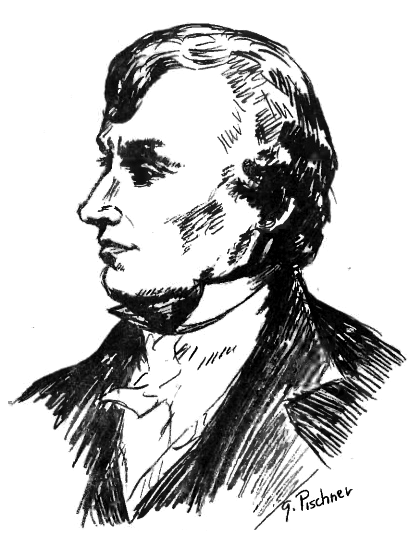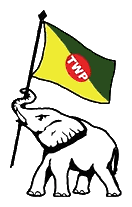| ||||||||||||||||||||
| ||||||||||||||||||||
| ||||||||||||||||||||
 |
|---|
| This article is part of a series on the politics and government of Liberia |
Executive |
Judiciary |
General elections were held in Liberia on 15 October 1985. [1] These were the first elections since the 12 April 1980 military coup that brought Samuel Doe to power. [2] During 1984, a new draft Constitutional referendum was approved, which allowed a 58 member civilian and military combined Interim National Assembly, headed by President Samuel Doe. The ban on political parties were lifted and four parties, namely, the President's National Democratic Party of Liberia, Liberian Action Party, Unity Party and Liberia Unification Party were in fray.

Liberia, officially the Republic of Liberia, is a country on the West African coast. It is bordered by Sierra Leone to its northwest, Guinea to its north, Ivory Coast to its east, and the Atlantic Ocean to its south-southwest. It covers an area of 111,369 square kilometers (43,000 sq mi) and has a population of around 4,700,000 people. English is the official language and over 20 indigenous languages are spoken, representing the numerous ethnic groups who make up more than 95% of the population. The country's capital and largest city is Monrovia.

Samuel Kanyon Doe was a Liberian politician who served as the Liberian leader from 1980 to 1990, first as a military leader and later as a politician. Then Master Sergeant Doe served as chairman of the People's Redemption Council and de facto head of state after staging a violent coup d'etat in 1980; he killed President William R. Tolbert, Jr., and executed much of the True Whig Party leadership. Samuel Doe in turn was murdered by his conqueror, Prince Johnson, one time ally of Charles Taylor, in an internationally televised display.
The National Democratic Party of Liberia (NDPL) is a political party in Liberia.
Contents
- History
- Eligibility
- Background
- Elections
- Results
- Presidential election
- Legislative election
- See also
- References
- External links
The polls were marred by allegations of widespread fraud and rigging. Official results showed that Samuel Doe won the presidential election with 50.9% of the vote, just enough to avoid a runoff. His National Democratic Party of Liberia won large majorities in both houses of the Legislature. Many independent observers believed that the Liberian Action Party's Jackson Doe, who officially finished second, was the actual winner. It was later revealed that Samuel Doe had the ballots counted in a secret location by his handpicked staff. The period after the elections saw increased human rights abuses, corruption, and ethnic tensions, ultimately leading to the start of the First Liberian Civil War in 1989 and Doe's overthrow and murder in 1990.

The Legislature of Liberia is the bicameral legislature of the government of Liberia. It consists of a Senate – the upper house, and a House of Representatives – the lower house, modeled after the United States Congress. Sessions are held at the Capitol Building in Monrovia. Legislature of Liberia is considered one of the three branches of government based on the Article III of the Constitution of Liberia that stipulates all three branches ought to be equal and coordinated based on the Principle of checks and balances.
The Liberian Action Party was a political party in Liberia.
Jackson Fiah Doe was a Liberian politician in the late twentieth century.










